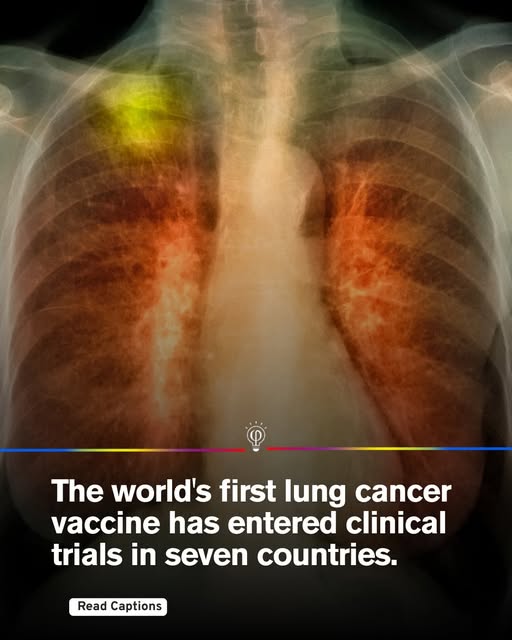Trial Design and Participants
Approximately 130 patients diagnosed with NSCLC—ranging from early-stage before surgery to advanced or recurring disease—will receive BNT116 alongside existing immunotherapies uclh.nhs.uk+5theguardian.com+5timesofindia.indiatimes.com+5. In the UK alone, six clinical sites are involved and around 20 UK patients are expected to participate prorithm.com. This Phase I trial primarily aims to evaluate safety and tolerability, alongside preliminary assessments of immune response and optimal dosing strategies.
Mechanism and Potential Impact
The vaccine functions using mRNA to present tumour-specific markers from NSCLC to the immune system, priming it to target and destroy cancer cells while leaving healthy tissue unharmed aa.com.tr+8theguardian.com+8uclh.nhs.uk+8. This targeted mechanism stands in contrast to traditional chemotherapy, which often damages healthy cells. Researchers are optimistic that BNT116 could reduce cancer recurrence by boosting anti-tumour immunity—especially when used in combination with established immunotherapies timesofindia.indiatimes.com+8clinicaltrialsarena.com+8uclh.nhs.uk+8.
Future Outlook
If Phase I results confirm safety and evidence of efficacy, the vaccine will progress to larger Phase II/III trials, potentially paving the way for regulatory approval and integration into standard lung cancer care worldwide duboselawfirm.com. Experts hail this development as the dawn of a new era in oncology, where personalized mRNA vaccines may complement or even replace conventional treatments, offering new hope to millions affected by lung cancer.
Disclaimer: This article is for informational purposes only and does not constitute medical advice. Clinical trials are ongoing, and outcomes are not yet confirmed. Anyone seeking treatment should consult a qualified healthcare professional.
Sources
